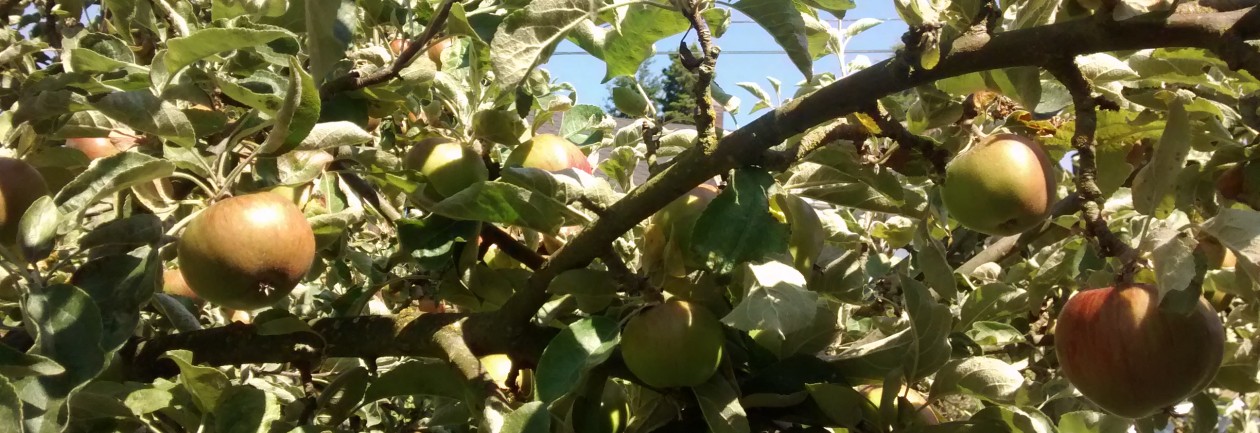There is simply no way to get around the fact that shmita is deeply concerned with food, as a source of life, of health, of well being, and ultimately, of peace. The shmita year compels us to express and embody our latent awareness that the true source of food is not with us. Food comes as a gift from the Creator by way of the land. And significantly, through shmita laws, the Creator infuses the distribution of food with a concern for justice and compassion for each and every being.
Shmita imagines a food system so well integrated with natural processes that it can be left to run on its own one year out of seven and still ensure enough for all, including wild nature. Furthermore the sources of these foods will be so woven into the physical environment where we live that we will be able to harvest them ourselves as needed, without the need for commercial harvesters. Surely this is a powerful vision of a return to life in a garden!
A shmita food system is local – so that we can personally access and pick from the farms where our food is grown. It is chemical free – if the food is to be shared with wild creatures, it cannot be laced with poisons. And everyone has direct access to sufficient amount to eat to contentment, “sova”. There is no waste and no stockpiling. According to Dr. Jeremy Benstein, director of the Sova Project, “the fact that our globalized agricultural system is highly unsuited to local decentralized community based solutions says a lot more about the ills of the system than about shmita and its relevance.”
To my great surprise and delight, there is a body in the Seattle area that is expressing great sensitivity to the way that a strong local agricultural system is a foundational element of community and individual health and well being.  The Regional Food Policy Council is looking holistically at the interaction between local government, education, health, equity, environment, agriculture and economic development. It is made up of a broad range of local stakeholders including farmers, policymakers, academics, native tribes, people concerned with availability of food within vulnerable populations, restauranteurs, and food processors. They meet downtown monthly and the public is welcome to attend. Register at their site to receive agendas and meeting materials.
The Regional Food Policy Council is looking holistically at the interaction between local government, education, health, equity, environment, agriculture and economic development. It is made up of a broad range of local stakeholders including farmers, policymakers, academics, native tribes, people concerned with availability of food within vulnerable populations, restauranteurs, and food processors. They meet downtown monthly and the public is welcome to attend. Register at their site to receive agendas and meeting materials.
